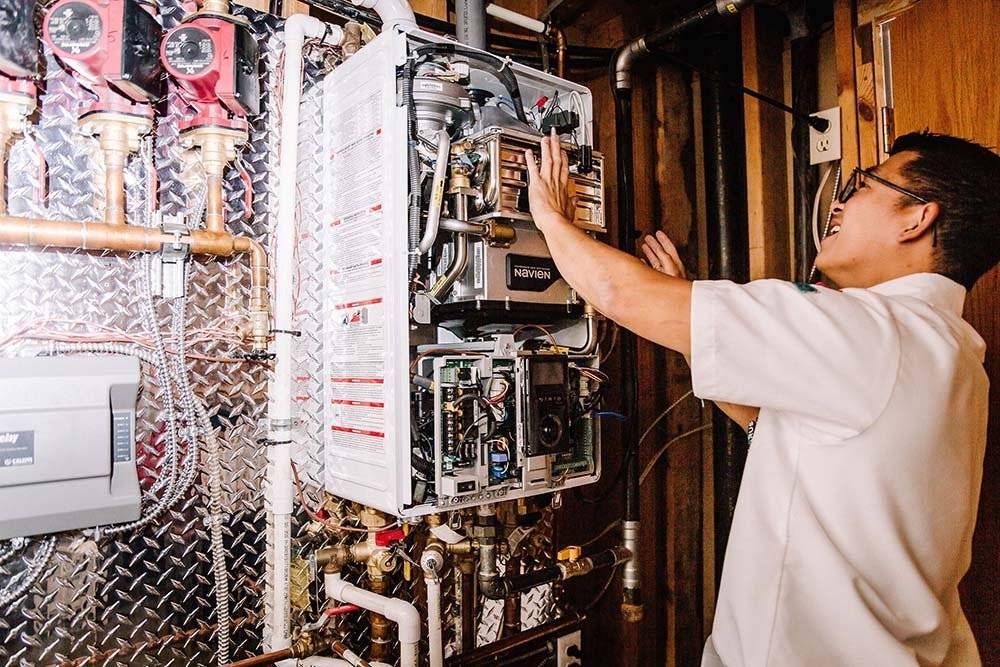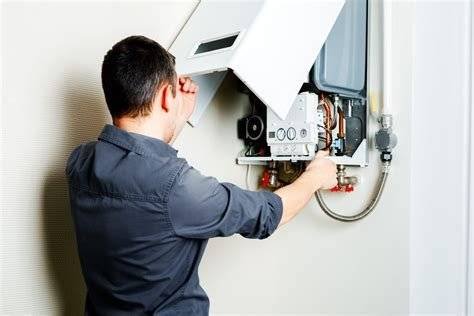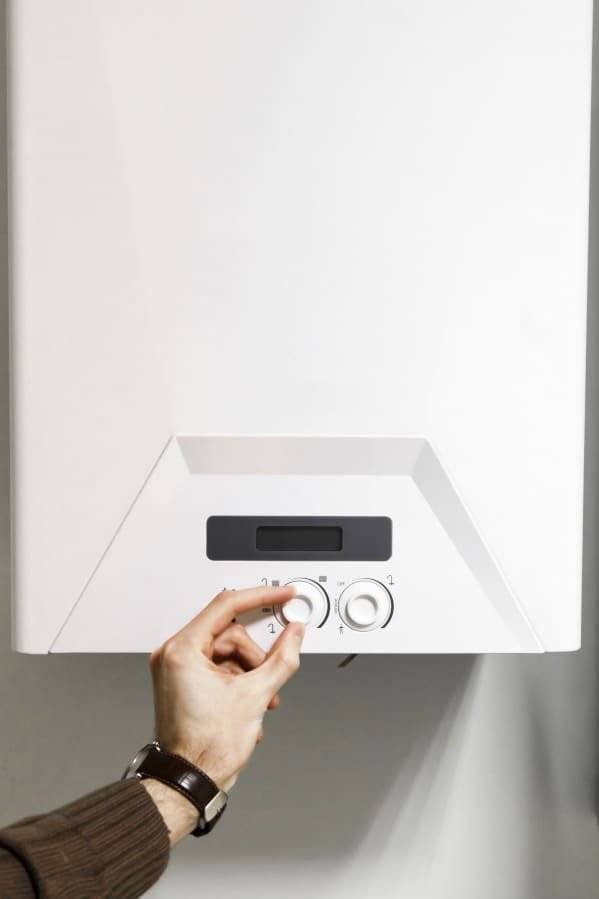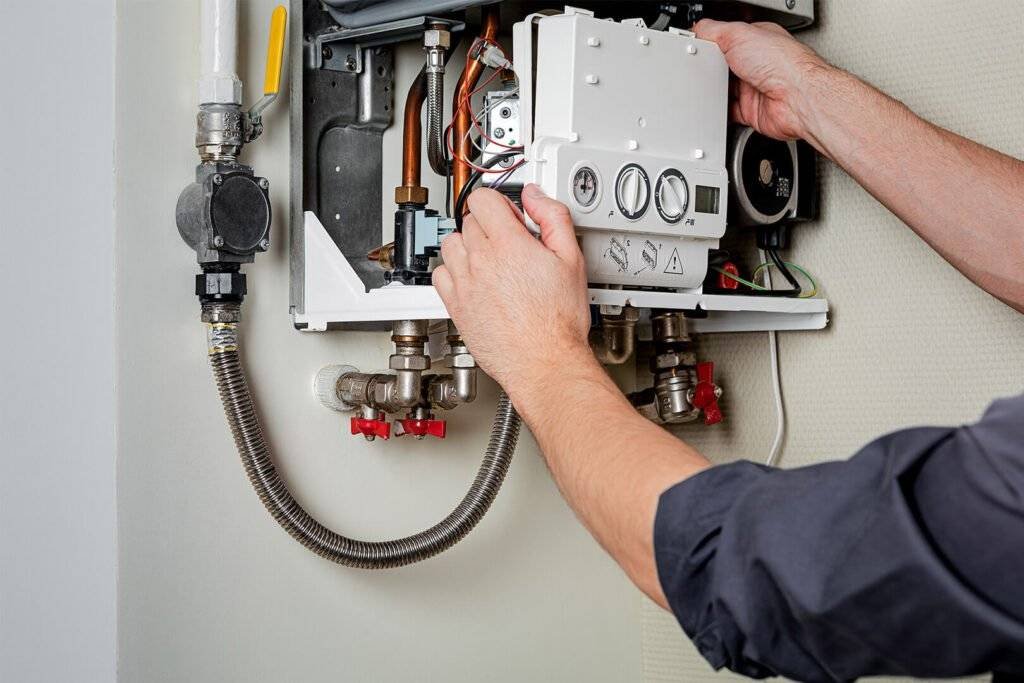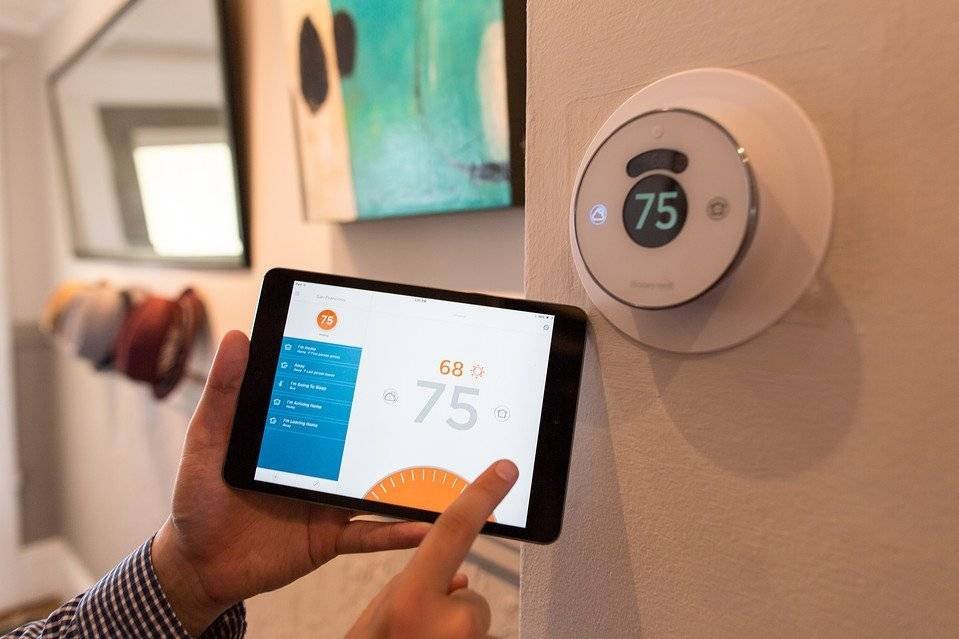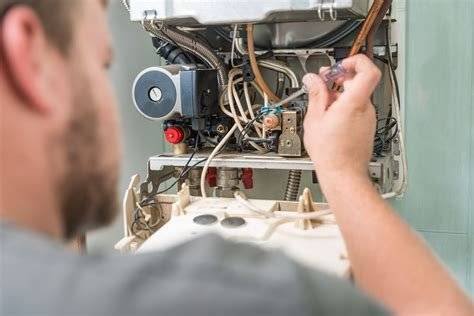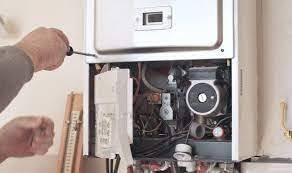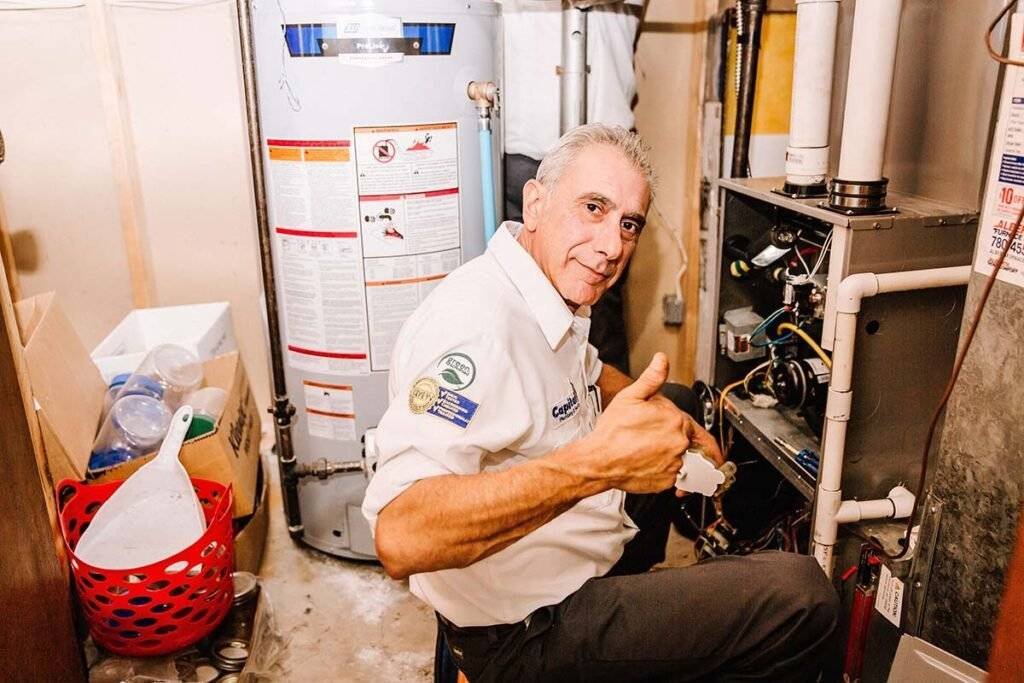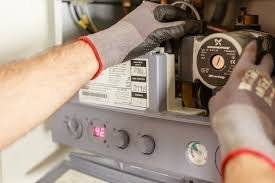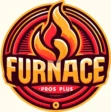Furnace Installation Beaumont - Your Dependable Heating Specialists
Furnace Pros Plus is your dependable partner for all your heating needs. With years of experience, we focus on providing superior heating solutions to keep your home warm and comfortable. Our team of proficient service technicians commit themselves to supplying specialist furnace installation, maintenance, and repair services. We understand the value of an effectively operating heating unit, especially during the colder months. We prioritize efficiency, cost, and customer complete satisfaction in every task (big or little). Whether you need a brand-new furnace, a regular check-up, or emergency repairs, rely on Furnace Pros Plus for reliable and effective heating services that guarantee peace of mind and comfort.
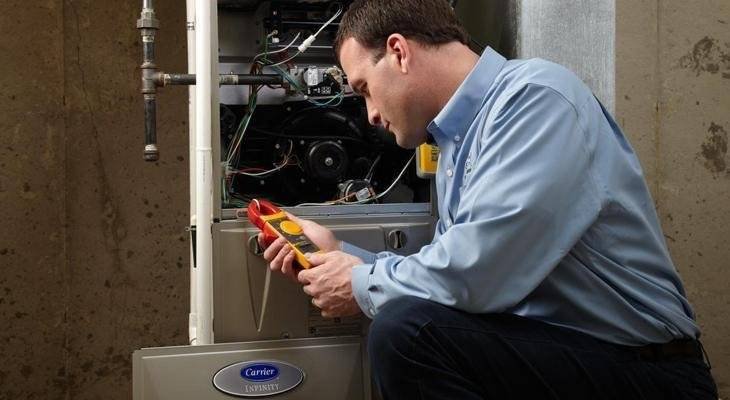
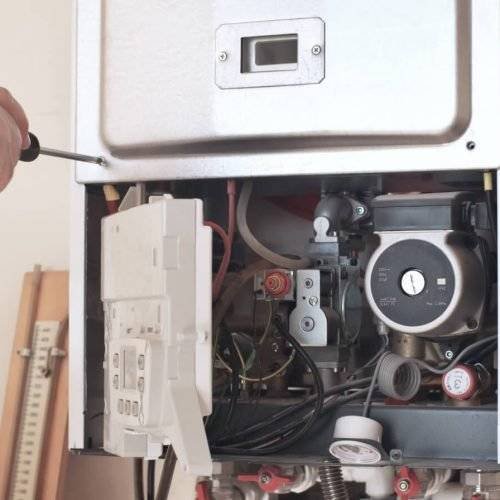
Who Are We?
Residential Furnace Replacements & Repairs
Furnace Pros Plus stands out as the top furnace installation and repair business in Beaumont, Alberta, thanks to its unrivaled commitment to quality, customer support, and knowledge. With years of experience in the heating and cooling market, Furnace Pros Plus has earned a reputation for providing dependable and effective services tailored to the distinct environment and requirements of Beaumont citizens.
The business’s dedication to quality starts with its team of certified professionals. Each service technician is not just extremely proficient and knowledgeable about the current furnace innovations but likewise dedicated to ongoing training and advancement. This makes sure that every installation or repair is performed with the utmost accuracy and current strategies, ensuring remarkable efficiency and longevity of your heater.
Furnace Pros Plus understands the value of a well-functioning furnace, especially during the extreme Beaumont winters. That’s why they use a fast response to guarantee that any furnace emergency is dealt with quickly and successfully, decreasing discomfort and prospective risks. Their 24/7 accessibility is a testament to their commitment to customer complete satisfaction and safety.
Moreover, Furnace Pros Plus makes use of just the highest quality items and products in all their installations and repairs. By partnering with leading manufacturers, they guarantee that every part of your heating unit is durable and effective, supplying optimum heating and lowering energy expenses. This dedication to quality, extends the life of the furnace, supplying more worth for the financial investment.
In addition to their technical knowledge, Furnace Pros Plus masters customer support. They prioritize clear interaction, supplying comprehensive assessments and transparent pricing without covert charges. Their individualized method indicates that every option is tailored to the particular requirements and spending plan of their customers, ensuring that you feel valued and pleased with every interaction.
For these reasons and more, Furnace Pros Plus is the top choice for anyone needing furnace installation and repair services in Beaumont, showing an unequalled blend of quality, knowledge, and customer-focused service.
How can we help you?
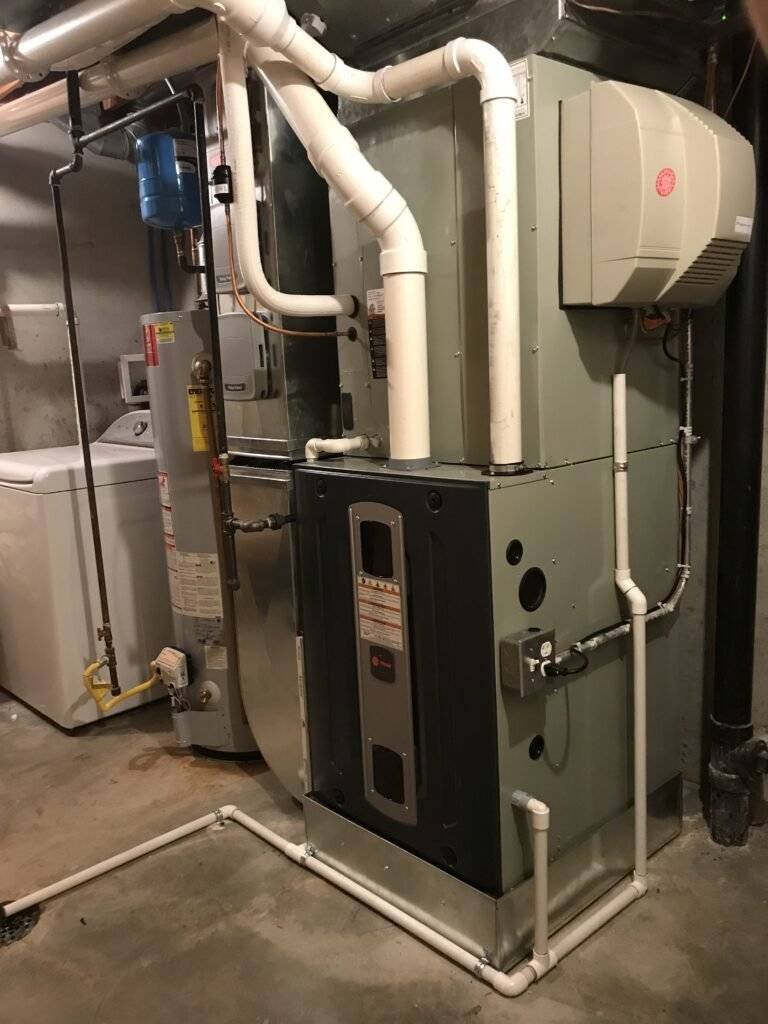
Comprehending the Expense of Installing a Modern Furnace
Intro
An operating furnace is vital when it concerns keeping a comfy and warm home during the colder months. However, there comes a time when setting up a brand-new furnace is unavoidable.
Comprehending the expenses associated with this process is crucial for homeowners to strategy and spending plan appropriately. This thorough guide checks out the various aspects influencing the expense of setting up a brand-new furnace.
Factors Affecting Heater Installation Expenses
Kind of Heater:
- Gas Heaters: Popular for their efficiency, they generally cost more in advance but use lower operating expense.
- Electric Furnaces: They are less expensive than gas heaters. However, electrical designs tend to have higher operational expenses due to electricity prices.
- Oil Heaters: These are less typical and can be more expensive due to the expense of oil.
Heater Size and Capacity
- Square Footage: The size of your home directly impacts the capacity needed for the furnace.
- BTU Ranking: Higher BTU scores correspond to more powerful heaters, which can increase the expense.
Effectiveness Rankings
Annual Fuel Usage Effectiveness (AFUE):
Higher AFUE scores indicate better efficiency but likewise come with a higher cost.
Brand and Quality
Top-tier brand names frequently command higher prices due to their track record for quality and longevity.
Installation Complexity
- Existing System: Updating from an old system might require extra work and expense.
- Ductwork: The condition and layout of existing ductwork can impact installation complexity.
- Ease of access: Tough access to the installation website can increase labour expenses.
Labour Expenses
Labour expenses vary by region. In addition, the complexity of the installation can affect labour expenses.
Extra Expenses to Consider
- Permits: Some areas require permits for furnace installation.
- Inspections: City laws might require post-installation assessments for safety compliance.
- Thermostats: Updating to a smart thermostat can sustain extra expenses.
Average Expense of Heater Installation
While prices can vary extensively based on the aspects mentioned above, here are some average expense ranges for furnace installation:
- Gas Heaters: $2,000 to $5,000.
- Electric Furnaces: $1,000 to $2,500.
- Oil Heaters: $2,500 to $6,000.
These are rough estimates and can vary based on particular home requirements.
Cost-Saving Tips.
Research and Compare.
Acquire several quotes from different professionals to guarantee competitive pricing.
Seek Rebates and Incentives.
Try to find energy efficiency rebates used by utility business or government programs.
Consider Long-Term Cost Savings.
Investing in a more effective furnace can lower energy bills gradually.
Conclusion
Setting up a brand-new furnace is a considerable financial investment, and comprehending the expenses included is vital for any property owner. By considering the kind of furnace, installation complexity, labour expenses, and extra costs, homeowners can better prepare for this required upgrade. Remember to seek several quotes, explore available rebates, and think about long-term energy cost savings when choosing.
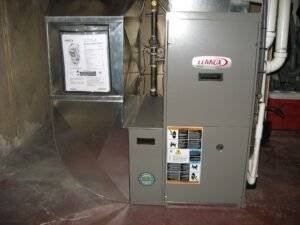
The Right Dimension Heater for Your Home: A Comprehensive Overview
Intro
Picking the right size furnace for your home is crucial for ensuring effective heating and comfort during the colder months. A heater that’s too little won’t keep your home warm, while one that’s too large can trigger unneeded energy usage and unequal heating. This guide will assist you figure out the ideal furnace size for your home.
Comprehending Heater Sizing: BTU and Effectiveness
We determine the size of a heating system in British Thermal Systems (BTU). One BTU is the energy needed to raise the temperature of one pound of water by one degree Fahrenheit. When selecting a heating system, 2 crucial aspects play a role: the BTU score, showing the furnace’s heating capacity, and its efficiency score, determined in Annual Fuel Usage Effectiveness (AFUE).
Determining Your Home’s Heating Requirements
You need to calculate your home’s heating needs to figure out the appropriate furnace size. The calculation considers aspects like square video footage, environment zone, insulation quality, window type, and home layout. Typically, you need approximately 30-60 BTUs per square foot. However, this differs based on your home’s particular characteristics.
Climate Zone and Its Influence On Heater Size
Your geographical place substantially affects the furnace size required. Homes in colder regions, such as [place], require more BTUs per square foot than those in milder climates. Consult a heating expert for particular recommendations.
The Role of Home Insulation in Heater Sizing
Good insulation reduces the quantity of heat loss, indicating you can select a smaller furnace. Examine your home’s insulation in the walls, attic, and windows. Updating insulation can be an affordable way to decrease heating requirements.
Factors To Consider for Different Kinds Of Heaters
There are various types of heaters, like gas, electrical, and oil. Each type has distinct sizing considerations. Gas heaters prevail and effective, electrical heaters are more straightforward and safer but frequently more expensive to run, and professionals set up oil heaters where natural gas isn’t available.
Importance of Specialist Heating And Cooling Evaluation
An expert HVAC assessment is important. Service technicians think about all variables, consisting of ductwork and home layout, to recommend the optimum furnace size. They can carry out a Manual J calculation, the market requirement for figuring out heating and cooling loads.
Energy Effectiveness and Cost-Effectiveness
Picking a heating system with a high AFUE score is crucial for energy efficiency and expense savings. Modern heaters have AFUE scores in between 80% and 98%, showing the percentage of fuel converted into heating. While high-efficiency heaters are more expensive in advance, they can result in considerable cost savings in the long run.
Addressing Common Misconceptions About Heater Sizing
A common mistaken belief is that a bigger furnace is always better. However, a large furnace can result in brief biking, where the furnace frequently switches on and off, lowering efficiency and life expectancy. On the other hand, an undersized furnace has a hard time to heat your home adequately.
Long-Term Advantages of the Right-Sized Heater
Picking the right-sized furnace has long-term benefits, consisting of consistent comfort, lower energy bills, decreased carbon footprint, and less maintenance concerns. It’s a balance in between in advance expenses and long-term cost savings.
Summary: Making an Educated Choice
Picking the right size furnace is a choice that impacts your home’s comfort and energy efficiency for many years to come. By comprehending the essentials of furnace sizing and seeking expert assistance, you can make an educated decision that makes sure optimum heating for your home.
Remember, the secret to an efficient and comfortable home depend on selecting the right furnace and routine maintenance and considering other aspects like insulation and environment. With this thorough guide, you are well-equipped to choose the ideal furnace for your home, supplying heat and comfort for numerous winters.
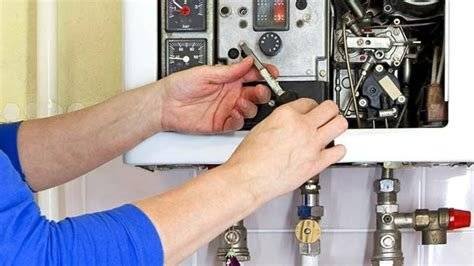
Replace vs Repair Heater: A All-inclusive Overview
Intro
Deciding whether to replace or fix your furnace is a considerable decision for any property owner. The choice impacts your instant comfort and safety and has long-term financial ramifications. This thorough guide will explore various aspects to think about, helping you make an informed decision.
Comprehending Your Heater
Lifespan and Types
Heaters generally have a life-span of 15-20 years. The two primary types are gas and electrical, each with different maintenance and operational expenses.
Indications of Trouble
Common signs that your furnace might need attention consist of uncommon noises, irregular heating, and increased energy bills.
When to Consider Fixing Your Heater
Repair is frequently the very best choice for minor concerns or heaters that are relatively brand-new and still under guarantee.
Cost-Effectiveness
Fixing can be more economical for minor concerns. However, regular repairs might show a deeper issue.
Environmental Effect
Repair work frequently have a lower ecological effect than replacing the entire unit.
When Replacement is the Best Option
You ought to think about replacement if your furnace is near completion of its life expectancy, repairs are ending up being significantly expensive, or if it could be more energy effective.
Long-lasting Expense Cost Savings
While the initial expense is higher, a brand-new furnace can be more energy-efficient, saving you cash on energy bills.
Technological Improvements
More recent designs feature sophisticated innovation, such as clever thermostats, which use better temperature control and efficiency.
Weighing Your Choices
Expense Analysis
Compare the expense of repairs gradually versus the one-time expenditure of a brand-new furnace.
Energy Effectiveness
Examine how your existing furnace’s efficiency is affecting your energy bills.
Home Worth
Consider how a brand-new furnace might increase the worth of your home, especially if you plan to offer in the future.
Professional Recommendations
Looking For Specialist Opinion
Talk to heating and cooling professionals to examine the state of your existing furnace and get estimates for repair and replacement.
Importance of Routine Maintenance
Routine maintenance can extend the life of your furnace, whether you choose to fix or replace it.
Summary
In conclusion, choosing to fix or replace your furnace depends upon various aspects, consisting of age, condition, expense, and energy efficiency. By considering these aspects and seeking expert recommendations, you can make a decision that makes sure comfort, safety, and financial vigilance for your home.
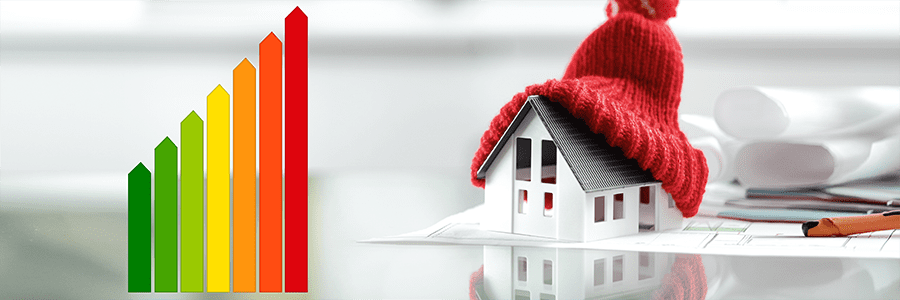
What Season is the Most Affordable to Replace The Heater?
Will a Modern Energy-Efficient Heater Lower Your House Insurance Coverage?
Intro
Home maintenance can be a considerable financial investment, especially when it includes crucial systems like heating. Among the most considerable expenses homeowners face is replacing their furnace. However, timing this replacement can result in considerable cost savings. This post checks out the very best time of year to replace your furnace, considering cost-effectiveness and practicality.
Comprehending Heater Replacements
The Requirement for Replacement
Before delving into timing, it’s necessary to understand why and when you ought to replace your furnace. Common signs consist of regular repairs, heating inadequacy, and the unit’s age (typically beyond 15-20 years). Replacing an out-of-date or malfunctioning furnace enhances heating efficiency and makes sure safety and comfort during colder months.
Factors Affecting Heater Prices
A number of aspects impact furnace prices, consisting of the kind of furnace, brand, capacity, and the complexity of installation. Seasonal need is another considerable aspect, frequently ignored, yet it plays a crucial function in figuring out the expense.
Best Time for Replacement: Off-Season
Why Choose Off-Season?
The off-season, primarily spring and early fall, is generally the most affordable to replace a heating system. The need for heating unit is lower during these periods than during the peak winter season. Lower need frequently causes more competitive pricing from manufacturers and installers.
Benefits of Off-Season Replacement
- Lower Expenses: Minimized need can result in discount rates and more consumer negotiating power.
- Accessibility of Technicians: HVAC service technicians are less hectic during these times, ensuring more versatile scheduling and quicker installation.
- Ample Time for Research: The off-season offers homeowners enough time to research study different furnace designs and choices without the pressure of instant requirement.
Planning Ahead
Using the off-season requires preparation. Anticipate the requirement for replacement and schedule it when the need is low. This foresight conserves cash and avoids the hassle of a heating system breaking down in the middle of winter.
Winter: The Peak Season
Obstacles of Winter Replacement
- Higher Prices: The need for furnace installation and repair peaks during winter, causing higher prices.
- Hectic Schedules: Discovering a professional might be more challenging, and you might have to wait longer for an appointment.
- Emergency situation Replacements: If your furnace breaks down in winter, you might have to select an immediate replacement, which leaves little room for expense contrast or negotiation.
Other Considerations
Energy Effectiveness and Rebates
Investing in energy-efficient designs might be more expensive in advance but can result in long-term cost savings. Also, keep an eye out for rebates and tax credits used for energy-efficient home improvements.
Importance of Routine Maintenance
Routine maintenance can extend the life of your furnace, postponing the requirement for replacement. It’s an important aspect of home care that you ought to pay attention to.
Summary
Timing your furnace replacement can result in considerable cost savings. The off-season, especially spring and early fall, is generally the most economical duration for this financial investment. Planning, considering energy efficiency, and keeping your existing furnace can enhance costs and guarantee a warm, comfortable home.
Intro
Homeowners frequently ponder whether updating their home devices and systems can result in cost savings on their home insurance coverage premiums. One typical question is whether setting up a brand-new furnace reduces home insurance coverage expenses. This post looks into how a brand-new furnace installation might impact your home insurance coverage, offering insights into insurance plan, danger management, and prospective cost savings.
Comprehending House Insurance Coverage Premiums
Before diving into the specifics of heaters and insurance coverage, it’s crucial to understand what aspects affect home insurance coverage premiums. Insurer examine various aspects, consisting of:
- Property Age and Condition: Insurance Representatives see more recent homes with upgraded systems as lower risks.
- Place: Geographical place and regional environment can substantially impact insurance coverage rates.
- Safety Features: The existence of alarms, smoke alarm, and other safety gadgets can lower premiums.
The Effect of a New Heater on House Insurance Coverage
Setting up a brand-new furnace in your home can have a number of ramifications for your home insurance coverage:
- Minimized Risk of Fire and Gas Leakages: Modern heaters with sophisticated safety functions lessen risks like fire or gas leaks. This danger decrease can be beneficial in the eyes of insurance coverage service providers.
- Improved Energy Effectiveness: Newer heaters are frequently more energy-efficient, causing lower utility expenses and a decreased ecological footprint, indirectly impacting insurance coverage considerations.
- Boosted Home Worth: Updating to a brand-new furnace can increase your home’s market price, which might impact the coverage you need.
Potential Insurance Coverage Discount Rates
Some insurer use discount rates for home improvements that decrease danger. These might consist of:
- Protective Gadget Discounts: You might receive a discount if your brand-new furnace includes sophisticated safety functions.
- Green House Discounts: Some insurance companies offer unique discount rates for setting up energy-efficient appliances.
Documents and Appraisal
To leverage a brand-new furnace installation for insurance coverage benefits, think about the following:
- Professional Installation: Ensure a certified expert installs your furnace, which can be a requirement for insurance coverage benefits.
- Keep Records: Maintain all receipts and documents for the furnace purchase and installation.
- Inform Your Insurance Provider: Alert your insurance provider about the upgrade. They might require an evaluation or extra documents.
Considerations Before Updating
While a brand-new furnace can use benefits, think about the following:
- Expense vs. Advantage Analysis: Examine if the long-term cost savings on insurance coverage and energy bills justify the initial expense of a brand-new furnace.
- Insurance Policy Review: Talk to your insurance coverage representative to understand how a brand-new furnace might particularly impact your policy.
Summary
Updating to a brand-new furnace can lower your home insurance coverage premiums by lowering danger and improving your home’s safety and efficiency. However, the effect differs based on private insurance plan and the particular functions of the furnace. It’s a good idea to consult with your insurance coverage service provider to understand the full benefits and ramifications of a brand-new furnace installation.
Frequently asked questions
Q: How much can I save on my home insurance coverage by setting up a brand-new furnace?
A: Cost savings vary based on the insurance coverage service provider and the particular functions of the brand-new furnace. Talk to your insurance coverage representative for comprehensive info.
Q: Exist any particular types of heaters that are more beneficial for insurance coverage discount rates?
A: Heaters with sophisticated safety functions, high energy efficiency scores, and those that fulfill particular ecological standards are frequently more beneficial.
How to Prepare for a Heater Installation
Setting up a brand-new furnace in your home is a considerable financial investment and an important upgrade to your home. It improves the comfort of your home and enhances energy efficiency. Correct installation preparation is crucial to guarantee the installation process is smooth and hassle-free. This post will guide you through the required steps to prepare for a heating system installation.
Comprehending Your Heating Requirements
Assessing Your Space: The initial step is to examine the size of your area and understand the heating requirements. A too-large or too-small furnace for your home can result in inadequacy and higher energy expenses. Consulting with a heating expert to figure out the right furnace size is essential.
Picking the Right Heater: There are various heaters, consisting of gas, electrical, and oil. Each has advantages and disadvantages; the choice depends upon your place, spending plan, and individual choice. Research and consult with specialists to make an informed decision.
Pre-Installation Preparation
Picking a Qualified Installer: We can not overstate the value of choosing a qualified and experienced installer. Try to find professionals with good reviews and proper accreditation. They will guarantee an appropriate installation and guide you through the process.
Cleaning the Area: Ensure the location where you plan to set up the furnace is clear of any mess. A tidy location supplies simple access to the installation team and accelerate the process. Eliminate any valuable or fragile products from the vicinity to prevent accidental damage.
Preparing for Downtime: Depending upon the complexity of the installation, your heating unit might be down for a couple of hours to a day. Plan appropriately, especially if the installation is during colder months.
Throughout Installation
Access to Your Home: Ensure the installers have simple access to your home, which includes ensuring that parking is available and a clear path to the furnace place.
Communication: Stay available to answer any questions the installers might have. Clear interaction can assist deal with any concerns quickly and ensure your installation goes as planned.
After Installation Checks
Examine the Setup: Once the installation is complete, inspect the deal with the installer. Ensure that the installation is complete and that the location is clean.
Comprehending the System: Have the installer describe the performance of the brand-new furnace, consisting of how to alter filters and the standard troubleshooting steps.
Warranty and Documents: Ensure you get all required documents, consisting of guarantee info and operating manuals. Keep these files in a safe place for future referral.
Conclusion
Preparing for a heating system installation includes comprehending your heating needs, selecting the right furnace, and choosing a qualified installer. By following these steps, you can guarantee a problem-free installation process and take pleasure in the comfort and efficiency of your brand-new heating unit for many years to come. Remember, a little preparation goes a long way in ensuring a smooth and effective furnace installation.
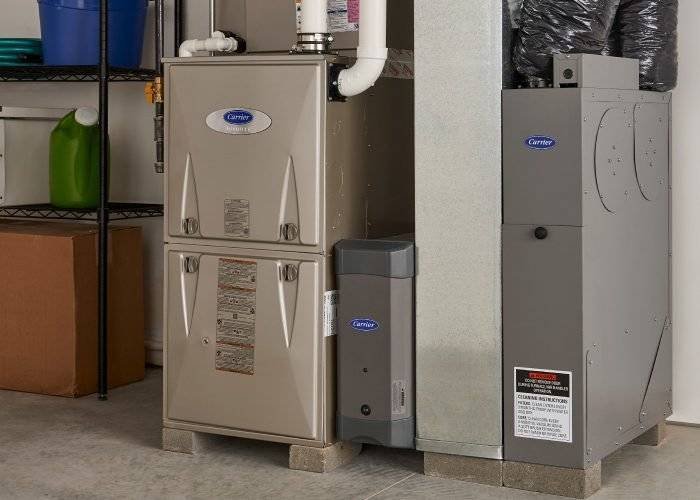
Our Work
